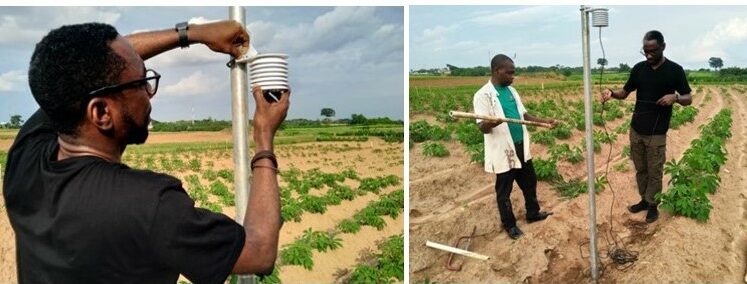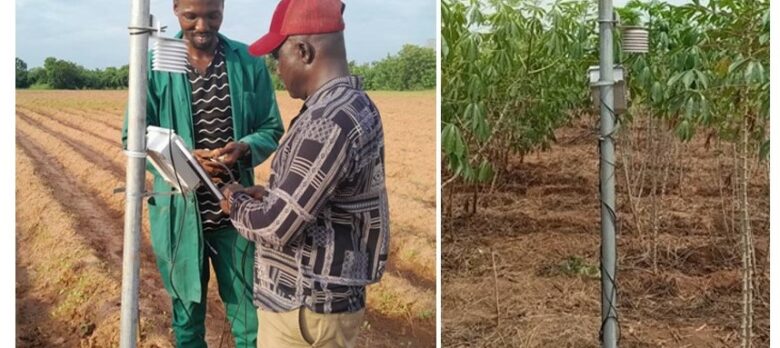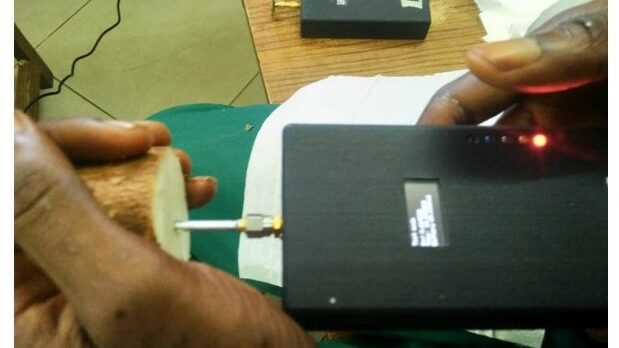IITA is an award-winning, research-for-development (R4D) organization, providing solutions to hunger, poverty, and the degradation of natural resources in Africa. Since 1967, IITA has worked with international and national partners to improve livelihoods, enhance food and nutrition security, increase employment, and preserve natural resource integrity. IITA’s main priority is ensuring a food secure future for sub-Saharan Africa. IITA research focuses on key research themes that address staple food crops, including banana and plantain, cassava, cowpea, maize, soybean, yam.
Crop quality monitoring solutions and impact on food security – Nigeria
Geographical profile
Challenges
Cassava, a tropical root crop that provides staple food for about 800 million people globally, is of huge economic importance to developing economies in sub-Saharan Africa. While growing worldwide demand for gluten- free flour and biofuel is transforming both the profile and profitability of the humble cassava, small and medium- holders (about 90% of cassava farmers), are effectively locked out of this high-value marketplace. The most significant barrier facing these farmers is that the valuation of the harvest is based on quality standards that they have no viable means to determine individually. This increases the risk of venturing to supply to high-value market hubs, where poor valuations could translate to huge losses. Hence, they tend to limit their production to the dictates of the established local demand, which offer much lower margins, at minimal risk
Expected benefits
IITA in collaboration with UCL and RINI will develop a low-cost, IOT-enabled test instrument that can measure the quality of root crops in the field. Coupled with the artificial intelligence (AI) driven, cloud- based ecosystem the farmers and their produce will be directly connected to the market and other stakeholders, improving the overall profitability.
Pilots
This pilot project will be conducted at IITA in Ibadan, Nigeria, utilizing research farms as the primary setting for gathering environmental and farm-level data. The objective of the pilot is to collect comprehensive data to develop a robust yield prediction model specifically for cassava. The potential benefits of the pilot include improved yield prediction, enhanced farm management, tailored support and recommendations, resource efficiency, knowledge sharing, and food security and economic benefits. These outcomes have the potential to significantly impact farmers’ livelihoods, agricultural productivity, and regional food security.
The pilot will involve the installation of sensing stations strategically positioned throughout the research farms. These sensing stations will capture crucial environmental data, including rainfall patterns, temperature, humidity, solar radiation, and soil composition. This data will provide valuable insights into the environmental factors influencing cassava growth and yield. In addition to environmental data, the pilot will also focus on gathering farm-level data from the research farms. This data will include information on planting methods, fertilization practices, pest and disease management, and other relevant farming practices. By gathering this farm-level data, the pilot aims to identify the key factors and practices that contribute to cassava yield variations.


SynField installation in Nigeria

SynField Head Node

Quality of cassava monitoring
